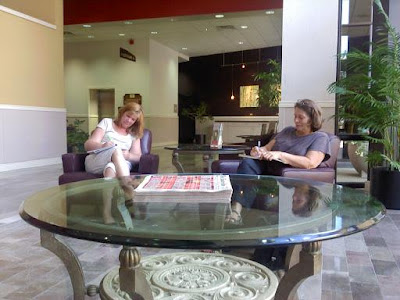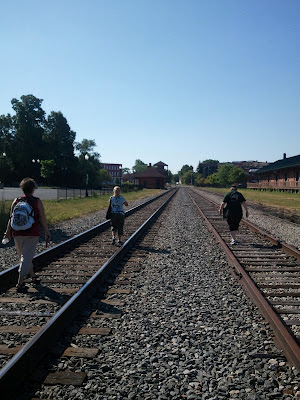Unlike Las Vegas, what happens in college does not just stay there
Jim Schaefer
As I was working on some research for my Law case in my Ph.D. program, I had an encounter with a legal case, formally listed as Gall v. United States, 552 U. S. (2007), that provided me with a lesson that I will not forget as a scholar, learner, and practitioner. And it is the kind of lesson that I wish college students would remember during all of their time in institutions of higher learning: Unlike the infamous Las Vegas motto, what happens in college does not just stay there. Usually I think that refers to the profound positive lessons we learn, but in this case, the student—who was actually a former student when this unfortunate situation erupted—had a very unpleasant surprise.
I initially discovered the Gall case while I was doing research as part of a project looking for cases reflecting situations involving students in some kind of trouble, either procedural or violent. When I saw that this situation involved a student with a drug issue, I included it in my pile of possibilities.
I did not realize the full extent of this college student, whose name was Brian Gall, until I read the entire case. Then I realized how tragically similar his situation was to many of my students now and that of too many of my classmates during my college years. Gall had started out sampling the various drugs of choice, such as ecstasy, cocaine, and marijuana, and then his growing addiction got him ever more involved in the illegal drug business or, as the federal law enforcement agents called it, “the conspiracy.”
I have had students and classmates who did not get the breaks that Gall ended up enjoying. They also tried to confess for what they had done and attempted to “work a deal,” but they experienced, tragically, much different results. Instead of 30 to 36 months of probation, they received that much time and more—and in prison.
I also liked the Gall case because it showed that at least sometimes the courts can work quite deliberately to provide justice for people if they are willing to stop their drug use, find a way to work, and lead a decent life.
The Gall case also taught me that all these words and stacks of papers and books that we are reading now do, after all, represent the lives of real people and the choices that they have made, good or bad, plus the daunting task of sorting out what is a fair and just way, based on years, decades, and centuries of this effort, to enforce the rules and boundaries of our social order.
I will continue to remember Gall’s story and use it in my classroom, not only to show that justice is possible but also that what you do in college may re-emerge in your everyday life later—and not necessarily in nice ways, if what you did was illegal. I will also reflect on this in terms of my teaching of writing because I have had students who have served jail or prison time and are now in school, and they often really struggle to make sense of their compromised lives (although writing does seem to be valuable in those struggles).
References
Gall v. United States, 552 U. S. (2007).
Back to top
Read more!



